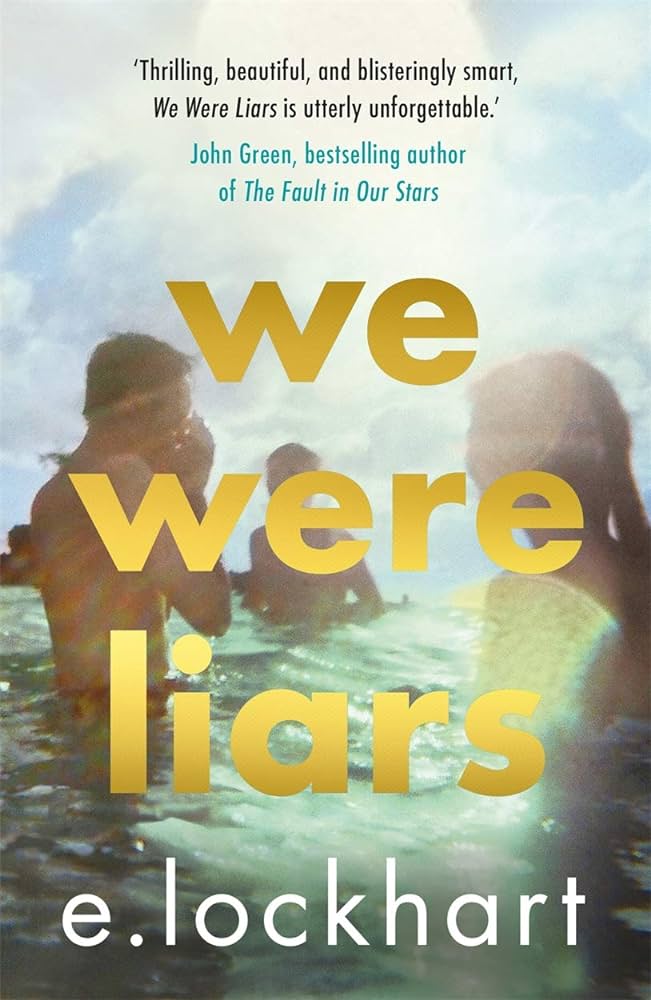From the moment I cracked open the pages of E. Lockhart’s “We Were Liars,” I was swept into a world of privilege, family secrets, and youthful idealism. The novel promised a gripping tale of mystery and tragedy set against the backdrop of an affluent family’s private island, but as I delved deeper into its enigmatic narrative, I found myself torn between appreciation for its ambition and frustration at its execution.
The story revolves around the Sinclair family, heirs to a vast fortune, who spend their summers on a private island. Narrated by Cadence Sinclair, a teenage girl struggling to recover from an accident that has left her with amnesia, the novel weaves a complex web of family dynamics, love, and betrayal. At its core, “We Were Liars” attempts to explore the darkness lurking beneath the facade of wealth and perfection, but it does so in a way that feels more forced than authentic.
One of the novel’s strengths lies in its prose. Lockhart’s writing is poetic and lyrical, infusing the narrative with a dreamlike quality that mirrors Cadence’s fractured memories. The island itself becomes a character, vividly described and hauntingly beautiful. The author’s ability to evoke a sense of atmosphere is undeniable, drawing readers into the idyllic world of the Sinclairs with finesse.
However, the novel’s ambitious attempt to create a mind-bending twist ultimately falls short. While the big reveal is undoubtedly shocking, it lacks the necessary groundwork to make it truly impactful. Instead of feeling like a natural progression of the story, the twist comes across as a contrived attempt to generate shock value, leaving me with a sense of disbelief rather than awe.
Furthermore, the characters, including the enigmatic Liars themselves, lack depth and development. Cadence, despite being the narrator, feels more like a vessel for the story’s themes than a fully fleshed-out individual. The supporting characters, while intriguing in their own right, remain largely one-dimensional, their actions and motivations often difficult to empathize with.
The novel’s thematic exploration of privilege and its consequences is both timely and relevant. It attempts to dissect the corrosive effect of wealth on relationships and self-identity, but these themes are not explored with the depth they deserve. The narrative touches on important issues but fails to delve into them in a meaningful way, leaving the reader with a sense of missed opportunity.
“We Were Liars” is a novel that tantalizes with its promise of mystery and intrigue but ultimately falls short of its potential. While the prose is undeniably beautiful and the atmosphere is hauntingly atmospheric, the lack of well-developed characters and a forced twist diminish the overall impact of the story. Readers seeking a compelling exploration of privilege and family secrets might find moments of satisfaction here, but be prepared for a resolution that might leave you more puzzled than enlightened.
